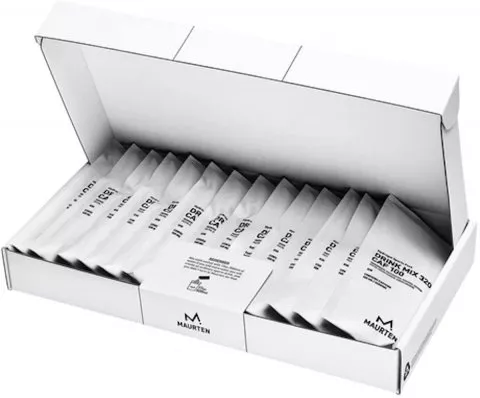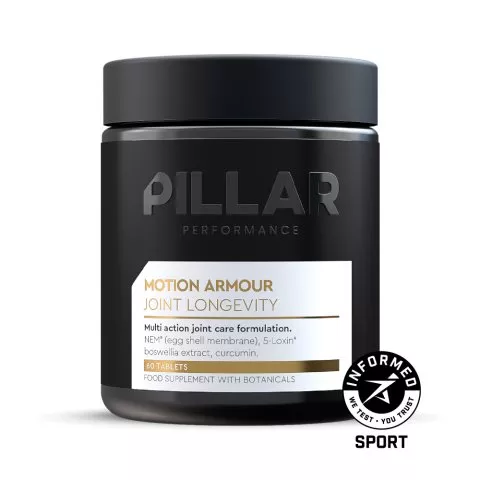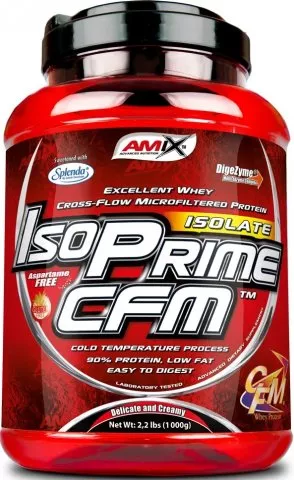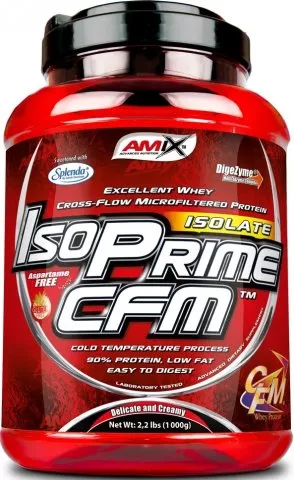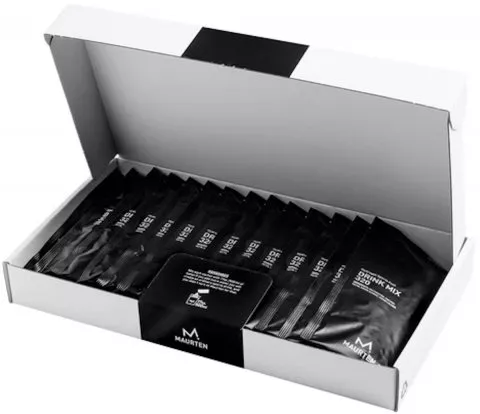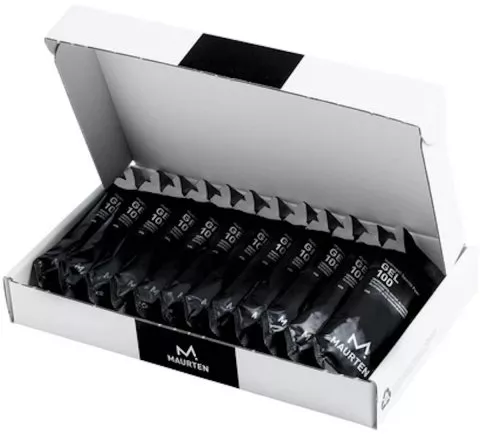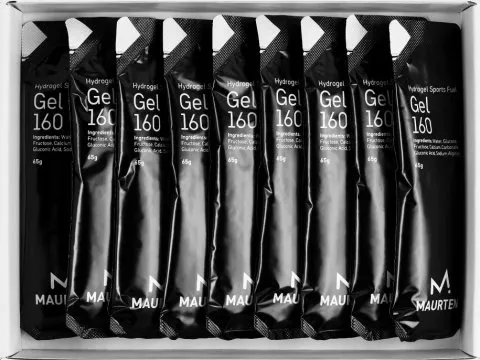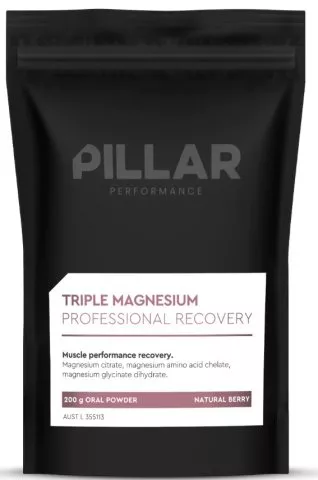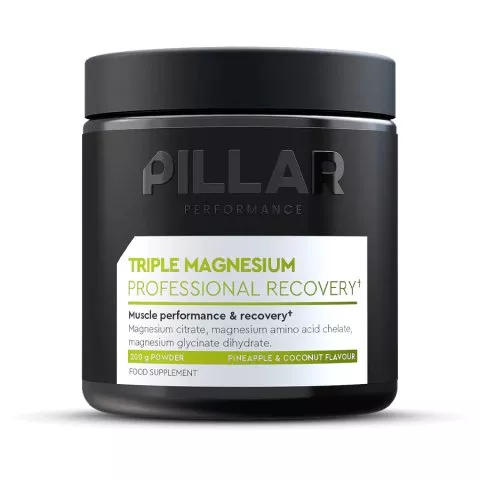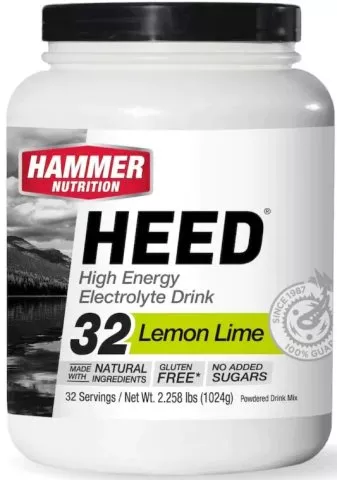What to eat before running
Hello runners! I’m here with another article, this time on what to eat before a training session or a race. I’m not the kind of athlete who follows strict rules and never changes his eating habits, but I have several tips for you anyway.
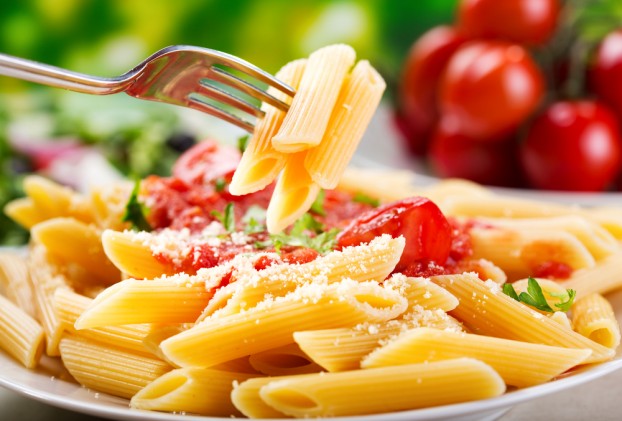
Let me assume that you’ve done some running in your life and wouldn’t ever think of having a heavy mayo salad with a lot of white bread before a run. In fact, you should never eat a meal like this. How does this actually work? And is it possible to calculate how much such a meal slows you down on a 10k run? Well, there’s no such study, which is too bad because it may help some of us forget all about such rubbish food. Each of us has a unique metabolism. It takes some people twelve hours to digest a duck while others feel hungry a mere sixty minutes after lunch. Fortunately, I’m one of those who don’t even remember that they ate something sixty minutes ago, so I don’t have any troubles of this kind when running. I follow a stricter diet mainly before races and after training sessions.
What to eat before training?
Long-distance runners should take in mainly complex carbohydrates that should form around 70% of their total daily energy intake. They help with glycogen with glycogen creation in the muscles, which is needed for endurance muscle performance. You can find them in wholemeal bakery products, cereals, rice, pasta, potatoes, millet grains, nuts, legumes, and so on. This is some generally available information. Right before your training, if you still feel hungry, you can replenish some energy even in the form of fast-acting sugars, for example from fruit (bananas are very good here, as they are easy to digest and contain potassium which prevents muscle cramps). And how about coffee, Coca-Cola or chocolate? I sometimes have these as an instant source of energy and boost, but they’re not very suitable. They come in handy before a short training session. I’d have a coffee, a bit of chocolate, and in 15 minutes I’d go for a run.
What to eat before a race (or have another candy bar to be strong…)?
Lots of athletes think that it’s good to stuff themselves with something sweet before athletic performance, and I was brought up to believe something like that as well. In defence of my coaches at the time, I must say that this was 20 years ago and hardly anybody had the information we have now. Usually, at a training camp we’d have a cup of sweetened tea and sweet bakery products for breakfast and a candy bar or chocolate before the race, as we all believed that sugar was the most important nutrient for long-distance runners. Well, it actually is, but there are sugars and sugars, you know. If you stuff yourself with the fast-acting sugar contained in sweets, say 90 minutes prior to a race in order to digest it before the race starts, the blood sugar level jumps up within thirty minutes. And that’s a signal for your pancreas to secrete a higher amount of insulin to bring the blood sugar back to its usual level. This means that within the next thirty minutes your blood sugar level drops again and after those 90 minutes it will actually fall below its original level. On top of that, your body will be more tired from “fighting the sugar”.
How to do this better?
Start focusing on food at dinner the night before your race. Again, I’d recommend pasta or rice with some light sauce and maybe a bit of light meat. Don’t eat too much! On race day, try to avoid beverages containing fast-acting sugars. Also, it’s not good to eat fats or proteins (in high volumes), as they take long to digest. For morning races, I have only a bit of brown bread or bakery products with some butter three hours before the start at least. Before afternoon races, I have pasta for lunch, mostly just on its own, and again sufficiently ahead of the start. Around sixty minutes before the start I usually have a carbohydrate jelly with a low glycemic index which gradually releases energy during the race and starts up the process of burning fats. There aren’t too many companies producing this thing, but I’m sure you’ll find some if you want. Before a very long race, I have this jelly for breakfast together with the brown bakery products. During the three hours between breakfast and the race I may have up to five of them. Before a short race, I have a cup of coffee or pure crystal caffeine. You can get it in a pharmacy and it helps boost performance; the energy boost fades pretty quickly, though, so I suggest trying it in a training session first to adjust the dosage. It also makes you want to start the race at a faster pace, which you may regret later on.
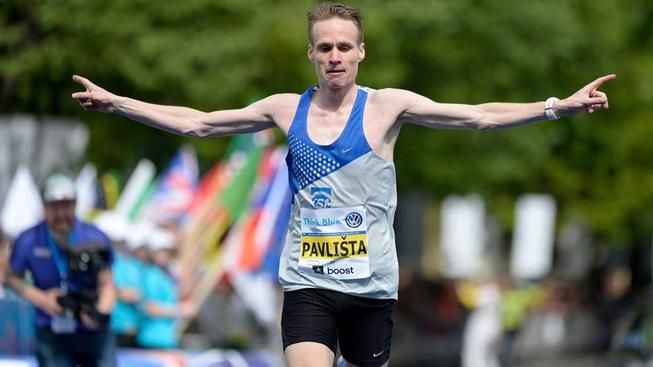
Our leading long-distance runners have a glass of baking soda dissolved in water before a race, supposedly to empty their intestines and neutralize their pH levels. I’d never tried this, but I decided to try it out for you during an intensive track training session. How does one do it? Have breakfast, drink a cup of water with baking soda dissolved in it, and then just wait. Well, I’ve tried it and…? I felt nothing at all, only worried during the entire session. True, I used baking soda by Dr. Oetker, which is said to be pretty weak…
Well, that’s all for today. In my next article, you’ll learn what to eat during a race and how to correctly start up your regeneration after a hard training session or race.
Vítek



